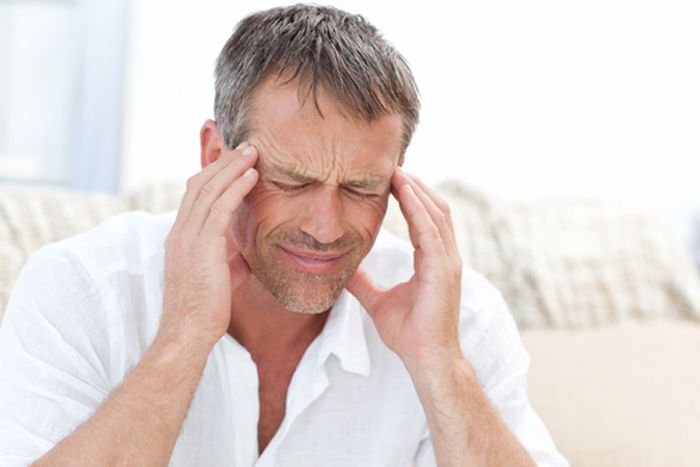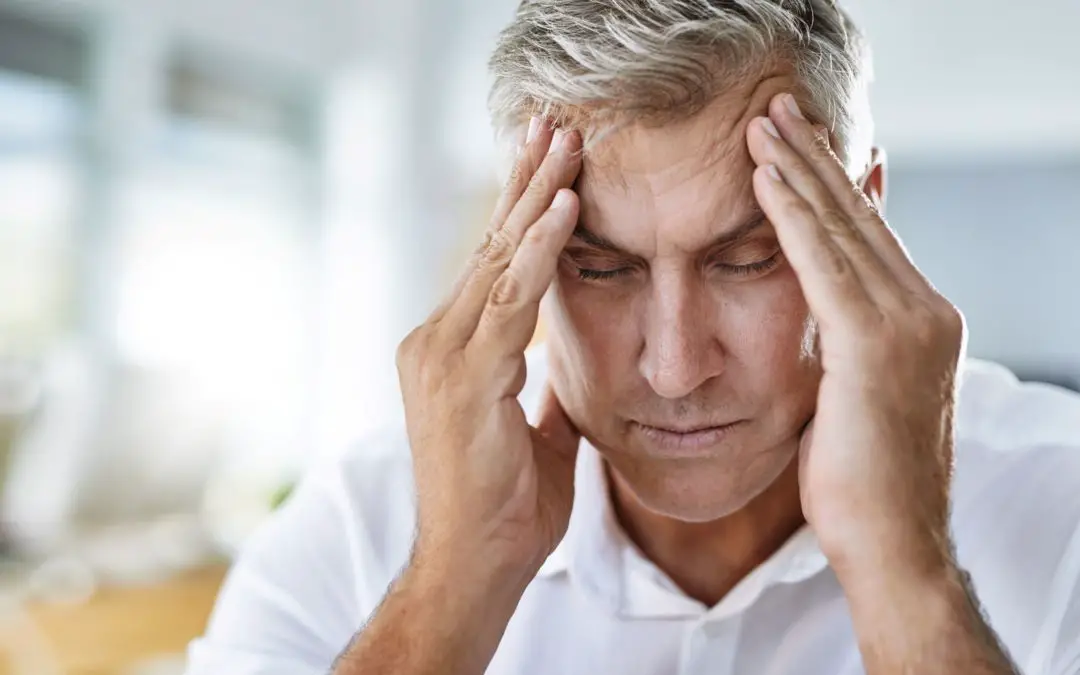This almost seems like a contradiction in terms, so how do we explain it. When someone says they want to stop drinking. That’s the first step to becoming sober. From that point, it’s a matter of slowly weaning away from the alcohol, kicking the habit. It’s a fundamental point in the right direction toward a new way of living, earning much recognition, support, and respect.
The strength to take such a step is incredible, and everyone will be behind this person 100 percent, but not everyone realizes the scope of the journey this person has in front of them. Some might believe, “ok, once they quit, that’s it, done and done.” That’s not how it works, as a rule. Most don’t magically quit, turning their life into roses and sunshine.
Alcoholics crave alcohol, especially after they quit. It doesn’t leave them, despite being through recovery; if they do so, it’s always going to be a part of who they are, and it’s a tremendous effort not to listen to that voice telling them to take a drink.
The dry drunk syndrome is one resultant issue that many alcoholics deal with, and their friends and family need to become aware of it.
The creators of “Alcoholics Anonymous, 12-step-program” developed the phrase “dry drunk syndrome.” The person responsible for the initial publication described the syndrome as the mindset the drinker had before they went through rehab. The recovered drinker still has the emotional tendencies that existed when they were drinking now that they’re sober.
They haven’t dealt with the underlying issue that initially led them to alcohol, to begin with. This phenomenon usually happens with drinkers who become sober of their own volition with no sort of therapy or treatment and no recovery program to teach them to deal with those underlying causes that brought them to the alcohol.
Table of Contents
ToggleHow To Avoid The Signs And Symptoms Of Dry Drunk Syndrome

When you no longer want to drink, feel that you’ve had enough, and want to move on with a healthy life, recovery through a treatment program is essential. Specialists can guide you through therapy to work through the underlying causes so you’re not left with those feelings and emotions, albeit not drinking.
That leaves you emotionally vulnerable to ultimately turn back to the substance at some point when you stop on your own with all the same emotional turmoil and react with the same stress and discord toward family and friends. When you go through specialist therapy to recover from dependency and alcoholism, you’re less likely to reestablish the habit.
Let’s review some signs, distinct indications, and symptoms that you’re dealing with dry drunk syndrome.
- You’ve developed a new unhealthy behavior that you’ve switched in place of alcohol. This could be anything from food addiction to gambling or something far worse.
- You’re living as though you were a “victim” and need somehow consoled in that respect.
- The history of the drinking days is glorified as thought they were the best of the person’s life
- Friends who drink with no issues are a source of contention
- There is a constant worry, anxiety, and fretting over relapse
- The individual is pessimistic about recovery and loses their temper when the subject is addressed
- Loved ones and close friends are met with animosity
The syndrome is one that is exclusively a part of an individual’s mindset. The person is sober, but the demons they were dealing with previous to their alcoholism are still there, and this leads to these intense reactions that compare to the behaviors of the drunk individual.
This is why rehab and recovery are crucial because they deal with the underlying cause of what led the person to drink. Without dealing with the root of drawing your emotions in alcohol, they will continue to haunt you whether you’re dry or not. Becoming sober is merely one piece of the puzzle. It’s a tough piece of the puzzle, but the most intense part is determining the cause.
How To Cope With Dry Drunk Syndrome
When dealing with problems overwhelming you to the point of driving you to become an alcoholic, without that crutch, you’re essentially “white-knuckling” each day to get through to the next. The therapy that coincides with detox is essential because it helps you deal with what made you depend on that crutch, but the work is twice as hard.
When you start saying “no” to alcohol, you must look at your whole lifestyle and alter it accordingly. That means looking at social networks to see how they play a role in your new lifestyle or if they are intertwined with your drinking network.
Plus, focus on the activities you are engaging in and find new hobbies and interests to occupy your time and keep your mind busy. It’s a whole new way of life, not just stopping drinking. It’s an intense habit just to stop. You reach for a drink wherever you have a terrible moment, and all is better.
Now you have to find a new way to deal with whatever trauma forced that reaction, and if you aren’t in therapy or recovery, that’s asking a lot of yourself.
Conclusion
When a loved one displays symptoms of the dry drunk syndrome, offering as much support as possible and encouraging a therapy program to help them deal with what could be trauma is essential.
Many people who stop drinking of their own volition and deal with the dry drunk syndrome will relapse because they don’t resolve the underlying issues that cause them to drink, to begin with.
These individuals either have minimal therapy or don’t engage in therapeutic treatment at all.
If they have the love and support of close friends and loved ones to encourage their treatment and engage them in the activities they once enjoyed outside of drinking, it might lead them back on the healthy path without the potential for relapse.
These individuals just need to allow someone into their world, and friends and loved ones need to work beyond the person’s poor behavior to find that person they once knew and help them.

I am a passionate beer connoisseur with a deep appreciation for the art and science of brewing. With years of experience tasting and evaluating various beers, I love to share my opinions and insights with others and I am always eager to engage in lively discussions about my favorite beverage.
















